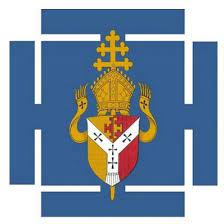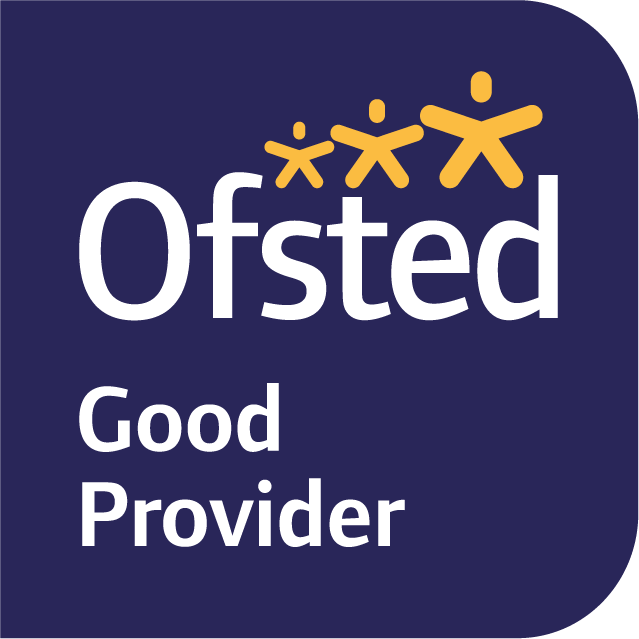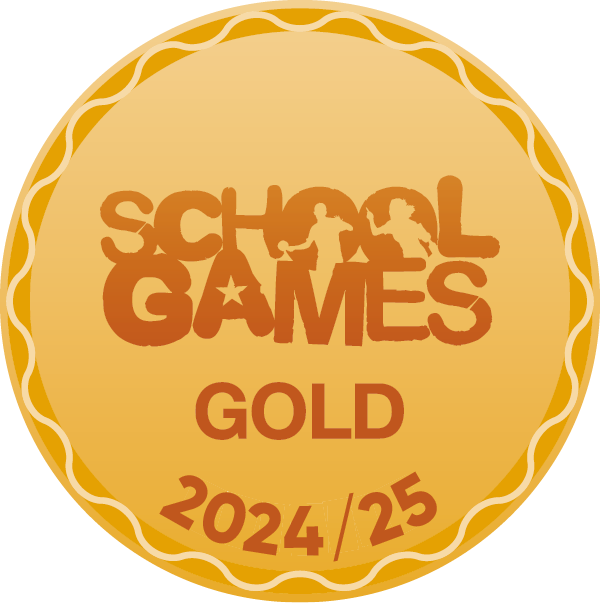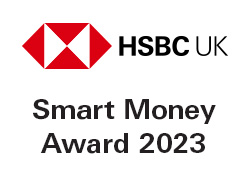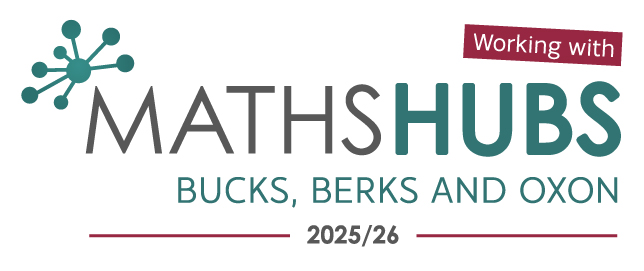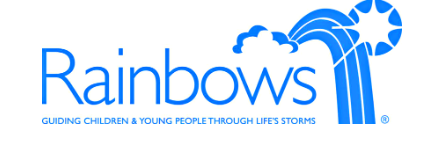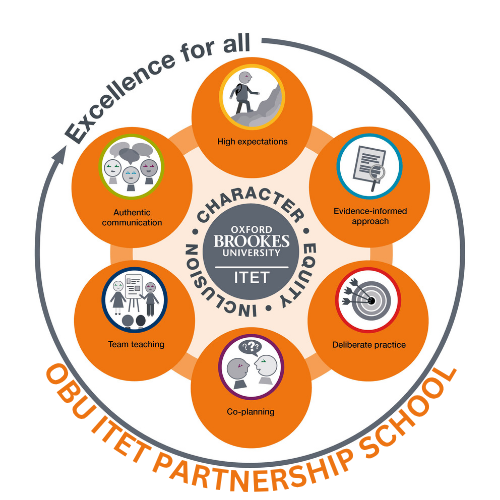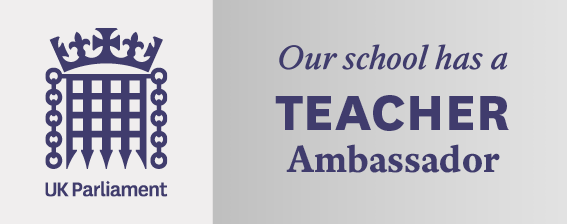Music Curriculum
Intent, Implementation, and Impact
Music Curriculum Statement
Our curriculum is joined and sequenced properly to ensure that our children avoid gaps in their learning. A globally relevant curriculum helps to facilitate children with a strong world view.
Music is a universal language that embodies one of the highest forms of creativity. As pupils progress, they should develop a critical engagement with music, allowing them to compose, and to listen with discrimination to the best in the musical canon. (The National Curriculum)
Intent
Music at St. John’s RC Primary School aims to follow the specifications of the National Curriculum; providing a broad, balanced and differentiated curriculum and ensuring progressive development of music concepts, knowledge and skills. We believe that music plays an integral role in helping children to feel part of a community, therefore we provide opportunities for all children to create, play, perform and enjoy music both in class and to an audience. Through assemblies, Collective Worship and hymn practice, as well as key stage performances, children showcase their talents and their understanding of performing with awareness of others.
Implementation
At St. John’s, music teaching delivers the requirements of the National Curriculum through use of the Charanga scheme of work. Teachers follow the suggested scheme of work, although adaptations can be made using the ‘freestyle’ element of the package to substitute units deemed to be more appropriate for thematic learning in other curriculum areas. Music lessons are broken down into half-termly units and an emphasis is placed on musical vocabulary, allowing children to talk about pieces of music using the correct terminology. Each unit of work has an on-going musical learning focus and lessons usually follow a specific learning sequence:
- Listen and Appraise
- Musical Activities (including pulse and rhythm)
- Singing and Voice
- Playing instruments
- Improvisation / Composition
- Perform and Share
Performance is at the heart of musical teaching and learning at St. John’s and pupils participate in a range of performances during their school ‘career’. These include nativities, carol services, and a Leavers’ performance (Year 6). Pupils also take part in Harvest assemblies, hymn practice, Mass and Collective Worship, as well as an after-school choir led by our music subject lead. Parents are invited and welcomed to watch these performances. Music skills are further developed in hymn practices as children participate in rhythm and singing games to develop pitch and regularly sing in parts to improve their aural awareness and musicality. Regular opportunities to listen to music from a range of genre are part of weekly assemblies. Alongside our curriculum provision for music, pupils also have the opportunity to participate in additional 1:1 music teaching by being offered the opportunity to learn a musical instrument with peripatetic teachers.
Impact
Our music curriculum is planned to demonstrate progression and build on and embed current skills. We focus on progression of knowledge and skills in the different musical components and teaching of vocabulary also forms part of the units of work. We measure the success of our music curriculum through the following methods:
- Pupil discussions and interviewing the pupils about their learning (pupil voice)
- Governor monitoring with our subject music link governor
- Photo and video evidence of the pupils practical learning
- Use of the assessment tools provided within the Charanga scheme
The impact of our music curriculum is also measured in the uptake of our music after school clubs and uptake of additional music 1:1 teaching. Children sing with musicality and confidence and can maintain an independent melody line when singing together and use musical vocabulary to describe what they hear. As we develop these skills, we expect more children to become inspired to take up an instrument.


